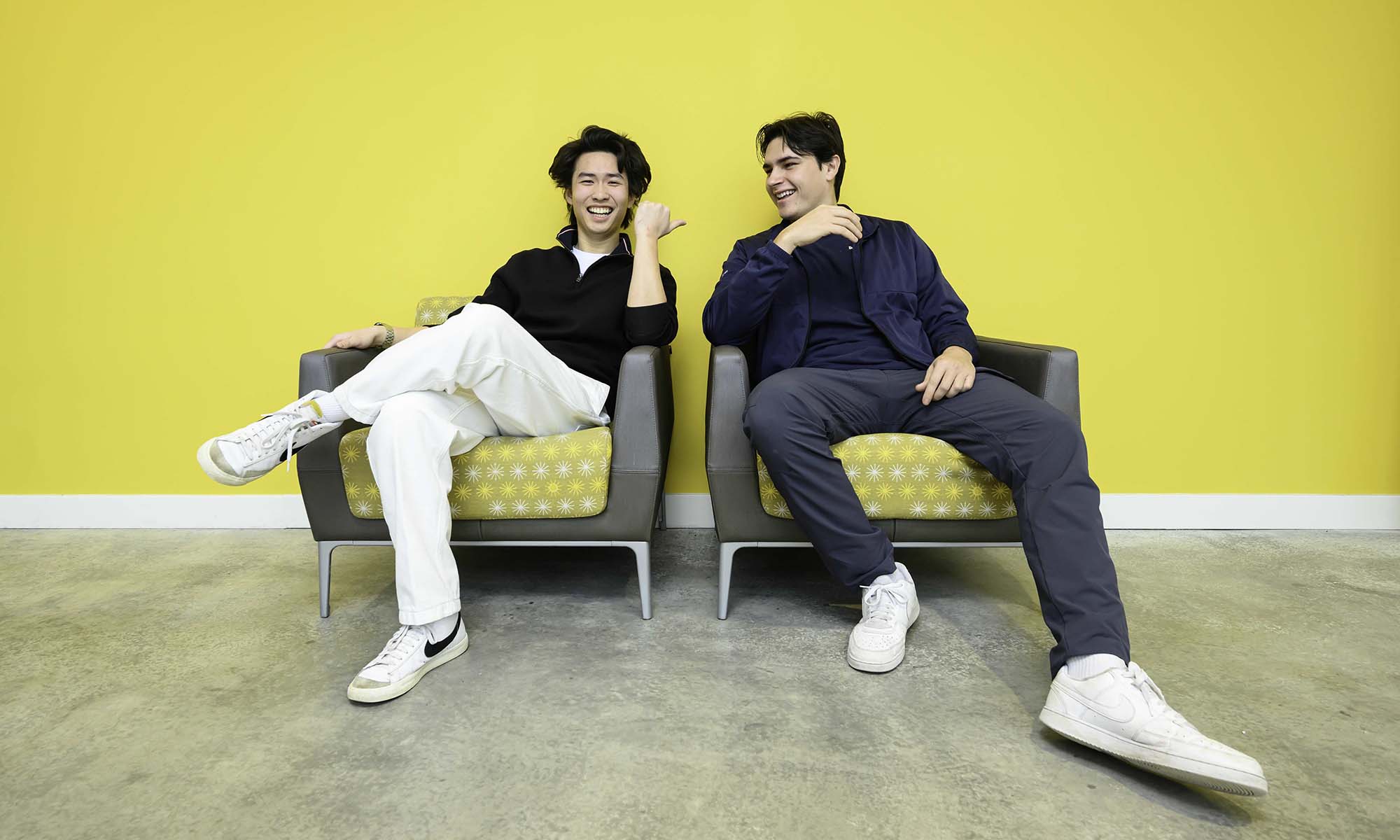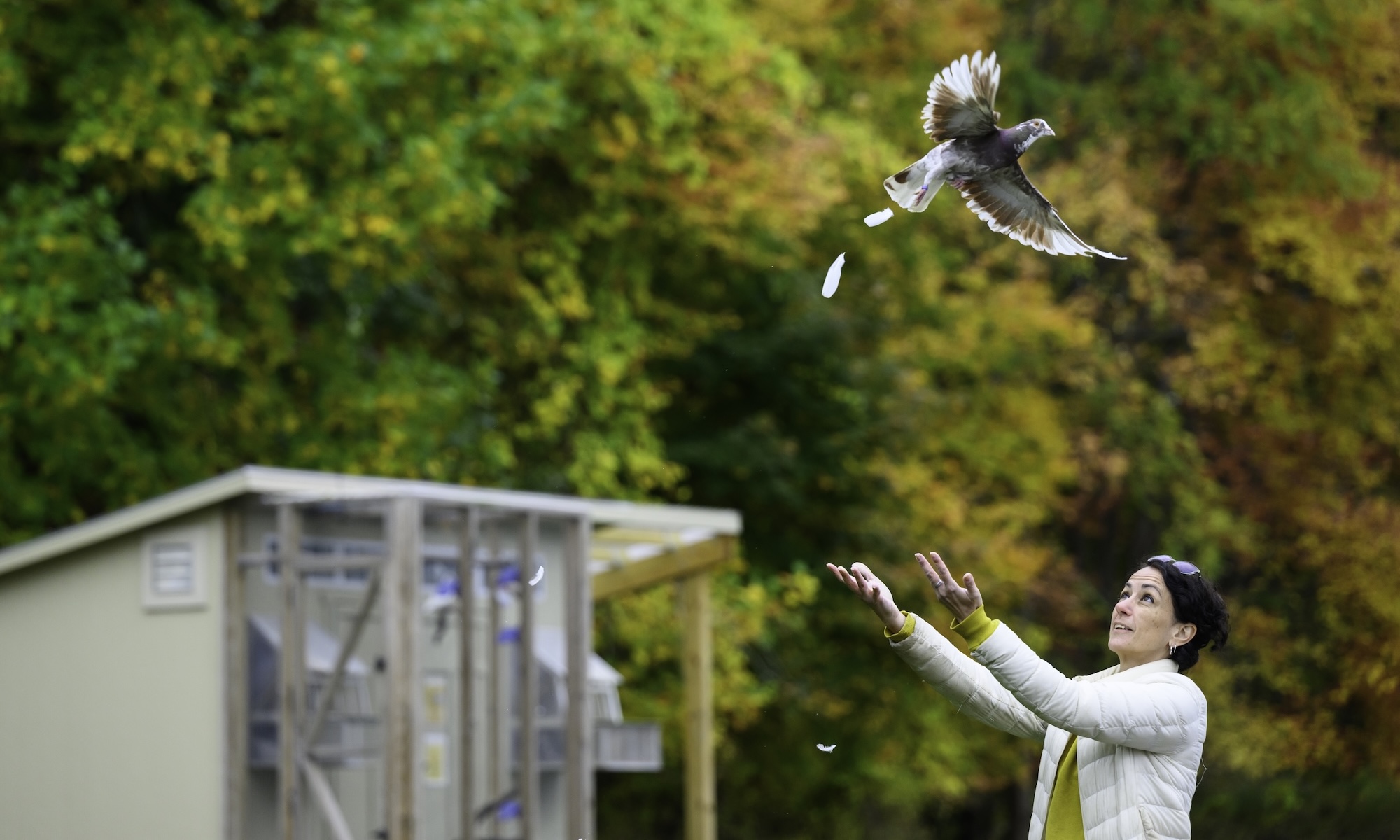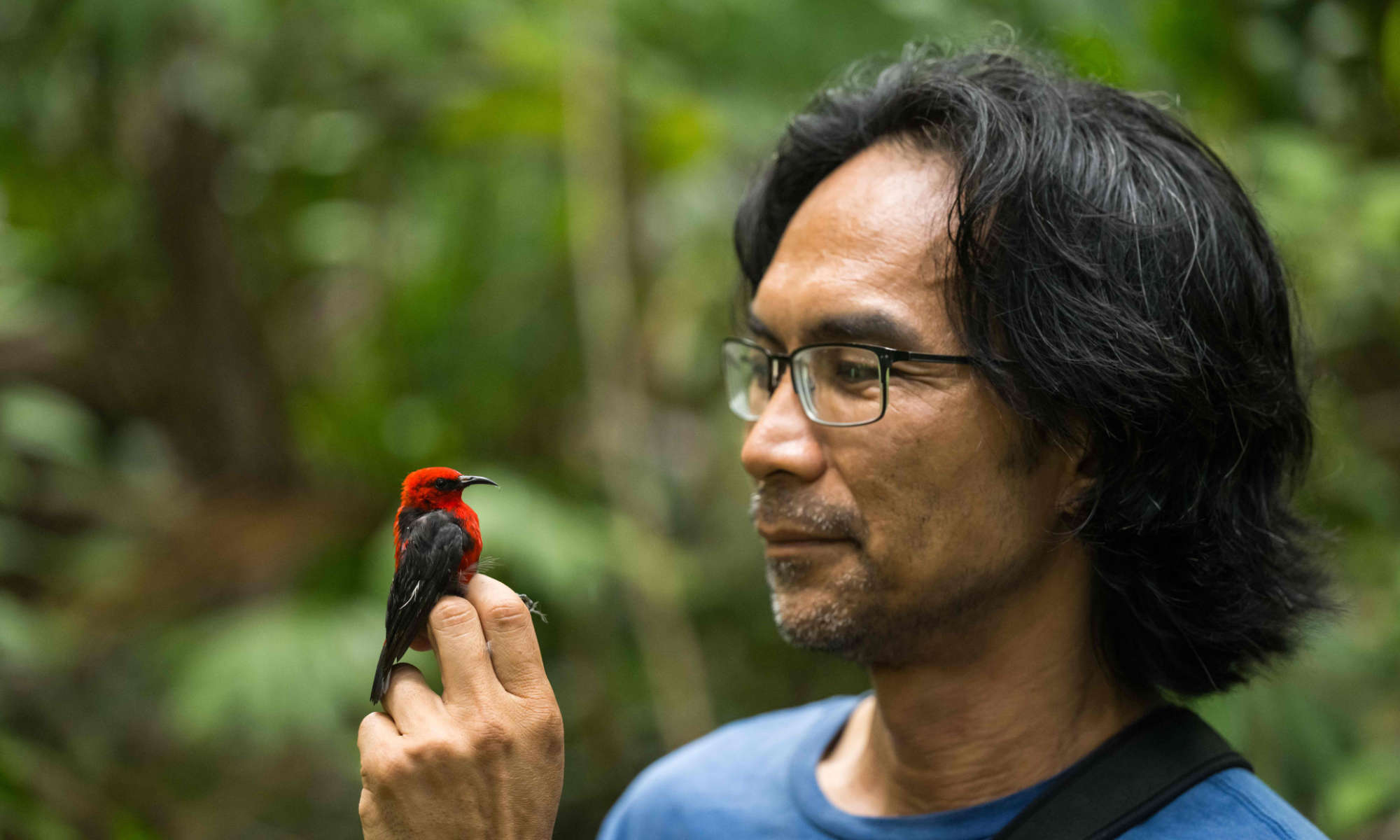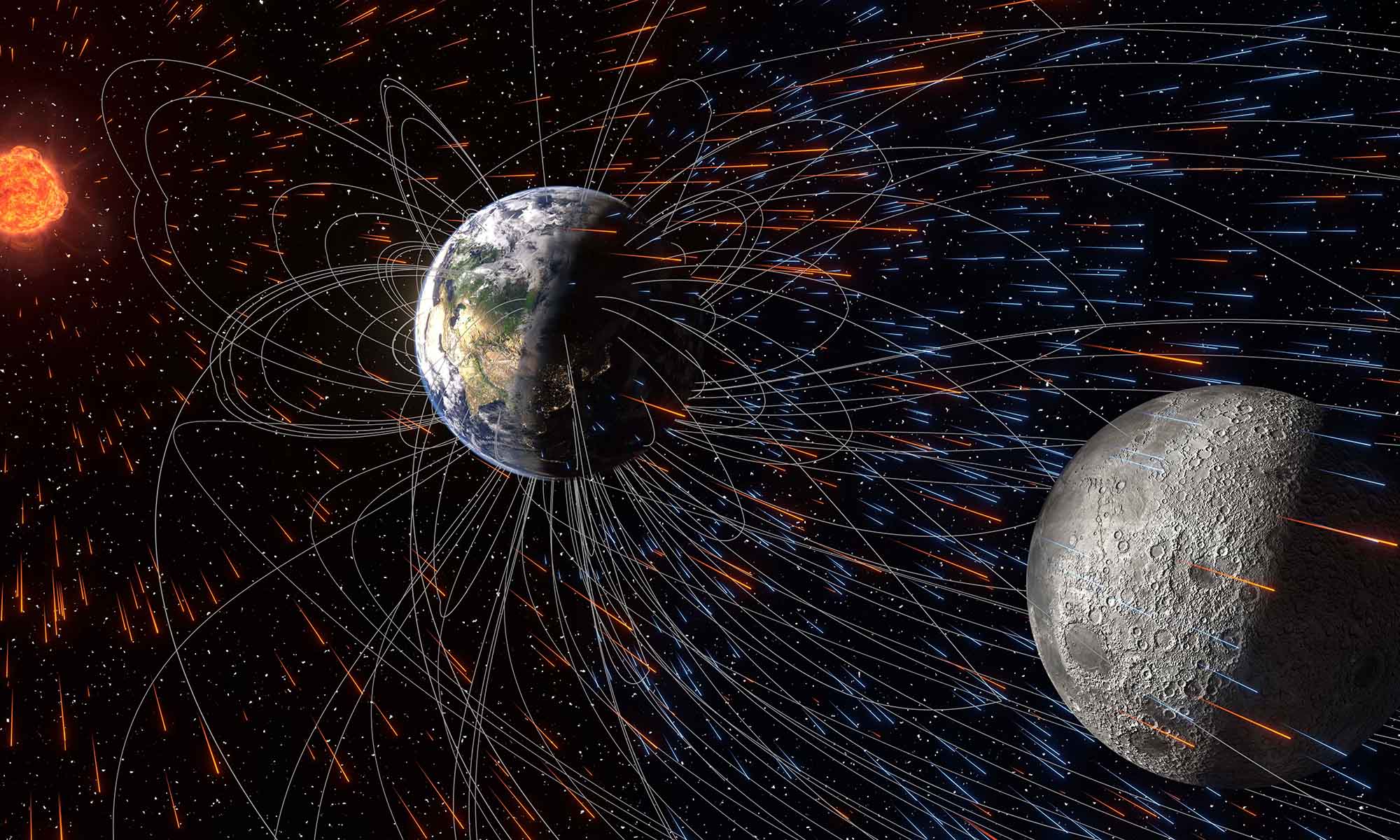
Society & Culture
From semantics to SCOTUS: The linguistics research behind the ghost gun ruling
December 22, 2025
URochester’s Scott Grimm describes how language science helped the Supreme Court decide that gun kits should be treated like firearms.









